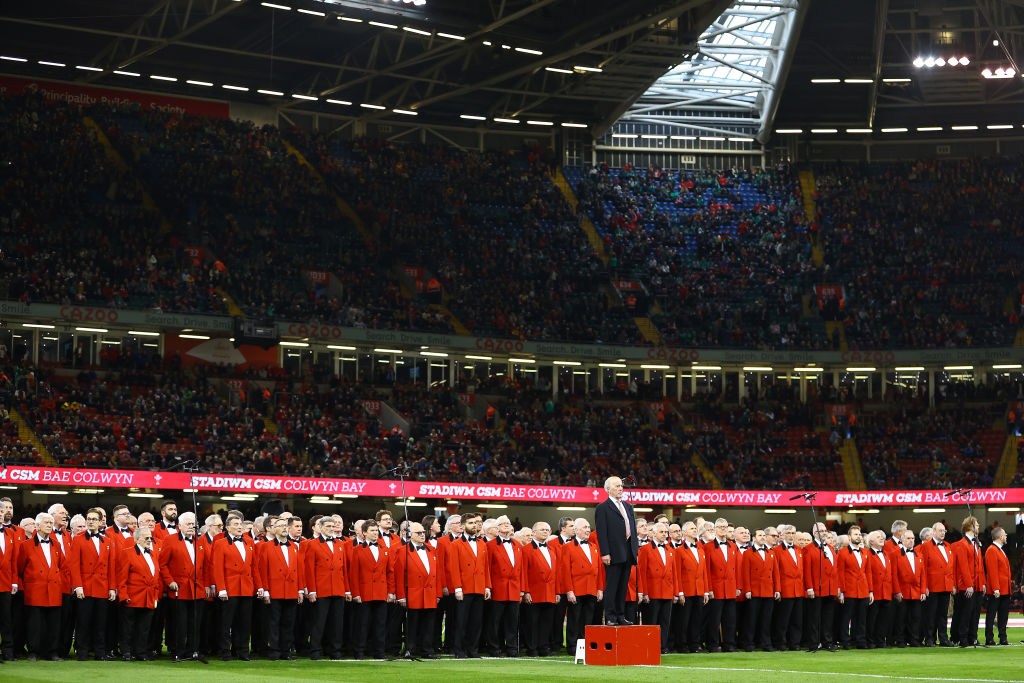Explainer: Welsh Rugby’s toxicity and can players strike?

Toxicity in professional Welsh rugby started 20 years ago when clubs became regions, and since then there’s always been points of friction to keep the discourse over the Severn Bridge ticking over.
But in the last couple of years the debate and disagreements over minor administrative issues have given way to a dire set of circumstances that has left one of rugby’s great nations on the brink.
Allegations of sexism and misogyny caused a backlash so great that former chief executive Steve Phillips resigned from his post last month.
Welsh woes
Weeks earlier, the national team took the leap and sacked their head coach Wayne Pivac and replaced him with former boss Warren Gatland – who is yet to win in this year’s Six Nations and has seen his side conceded 69 points in two games.
The home stadium – named after financial services Principality – has seen a struggle to shift tickets for major games.
And now, with players getting twitchy over long-term contracts and the four regions struggling to sign players amid uncertainty surrounding what funding they will get from the governing body, the WRU, there is a possibility of a player strike.
What this would look like is unknown, but it would be the latest in a long line of events that has shown Welsh Rugby as an underfunded, mis-managed set-up where players are looking for a way out.
Highly rated lock Will Rowlands has moved to France while a number of other Welsh internationals and prospects could up sticks and move out of the country in order to secure their futures.
And this is different to the exodus occurring in England because, while tragic, there’s no centrally contracted party causing uncertainty around player budgets. This is in addition to the budget of less than £5m imposed on Welsh regions, putting them at a disadvantage with other nations.
Discussions
“The PRB accepts that current discussions are complex and nuanced and that terms offered may not meet the immediate expectations of all individuals involved,” the Professional Rugby Board said yesterday.
“The new six-year agreement reached [verbally] includes provision for a new approach to international player release, a salary cap and a formal framework for contract negotiations across all four professional sides and the national squad.
“There is no room for manoeuvre when it comes to the overall budget available for player contracts.”
But is a strike realistic within a week, and could one be organised in time to throw doubt over Wales’ Six Nations clash with England on 25 February?
“The players’ trade union, the WRPA could, in theory, organise a strike,” Ben Cisneros of Morgan Sports Law told City A.M. “To do so lawfully, though, they would have to comply with a complex series of balloting and information requirements imposed by law.
Three weeks?
“These take time to comply with (usually at least 3 weeks), so such a strike is unlikely to happen immediately.
“If a union does not jump through all these hoops, it risks being liable for losses suffered by the employer as a result of any industrial action, and the players would have little protection against dismissal for participating in any such action.”
Cardiff rugby boss and former Wasps head coach Dai Young yesterday waded in on the stark situation in Wales, stating that “a lot of countries will be monitoring the situation in Wales over the next month or so and [will be] more than happy to take our best players”.
He added: “I don’t think you could ever underestimate the power of the Welsh jersey – every kid growing up in Wales wants to play for Wales – but we shouldn’t be arrogant in that either.”
If a deal is not done that funds the regions correctly then there’s no pull for players to stay. Rugby is a short career and the bigwigs cannot bemoan players from trying to make the most of the years they’re in their prime.